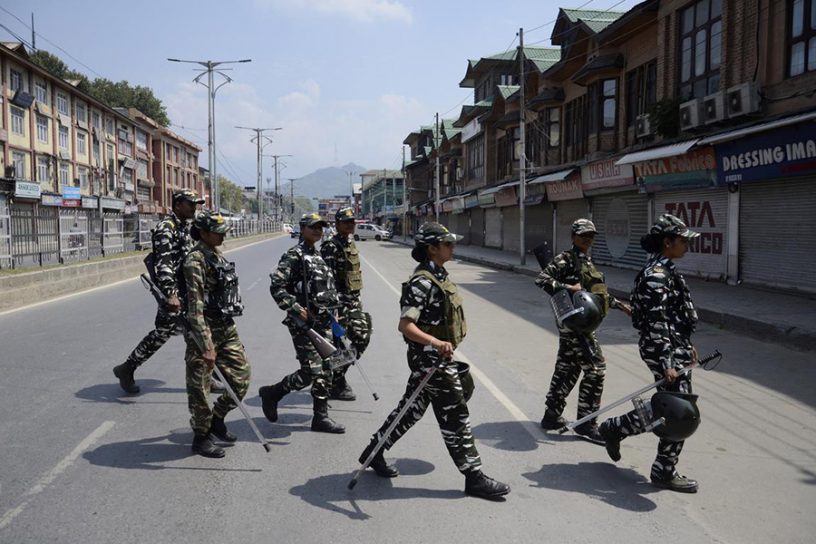
The vision of “one nation” requires the suppression of a diversity of voices, since the well-being of the whole is seen now in the internal cohesion and dominance of the ruling party.
Author
Sukumar Muralidharan, Professor, Jindal School of Journalism and Communication (JSJC), O.P. Jindal Global University, Sonipat, Haryana.
Summary
The unity of the nation is now identified with the internal cohesion of the ruling party.
It is a tale often told that politics in India became a caste-infested place in the 1990s. A sequel to that narrative asserts that everything changed for the better between 2014 and 2019.
That, supposedly, was when people stopped voting their caste, and began to foreground issues of governance and development when they made their pick at the ballot box. It is a narrative of some convenience to the regime today, which it has avidly sought to promote.
A quarter century in India’s life as a democracy, marked by hung parliaments and coalition governance, has also now gained the taint of being a time of disunity.
Between 1989 and 2014, we are told, group identities proliferated, parties fissured and alliances splintered, and the politics of the region gained an unhealthy measure of influence over the Centre. The politics of the whole had become an arithmetical sum of the quite distinct politics of the parts.
Since 2014, and particularly since the BJP won its second successive term in 2019, that multiplicity has been supplanted by a unitary vision. And there could be no better spokesman for this vision than Prime Minister Narendra Modi.
In 2019, the Prime Minister in his customary Independence Day broadcast celebrated the new reality that every Indian could speak of “One Nation with One Constitution”.
This was just 10 days since his government had in a dodgy parliamentary manoeuvre, revoked the special status granted to Jammu and Kashmir under the Constitution. As a statement, it was also manifestly untrue, since the Constitution has various non obstante (or notwithstanding) clauses which permit exemptions to particular norms and standards, allowing for the vast diversities of a continental nation.
At various times during his prime ministership, Modi has spoken of “one nation” as an ideal embodied in the singularity of the identity card issued to all citizens, of its electricity grid, system of taxation, and electoral cycle. He has not yet succeeded in unifying the electoral cycle across the Lok Sabha and all State Assemblies. But the intent is clear, particularly since he invests much time and energy in campaigning and stakes his prestige on always winning.
Published in: Frontline
To read the full article, please click here.


